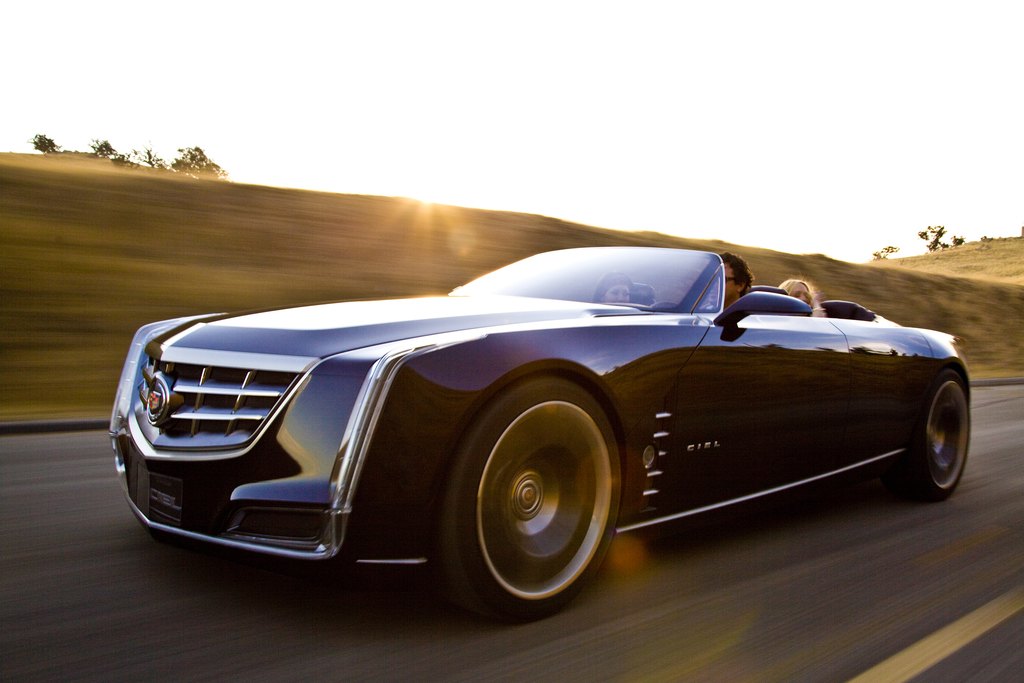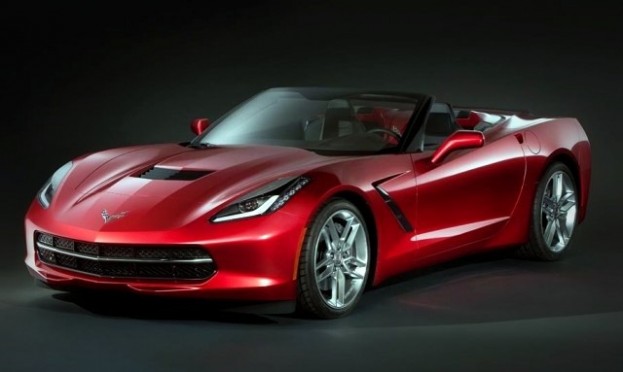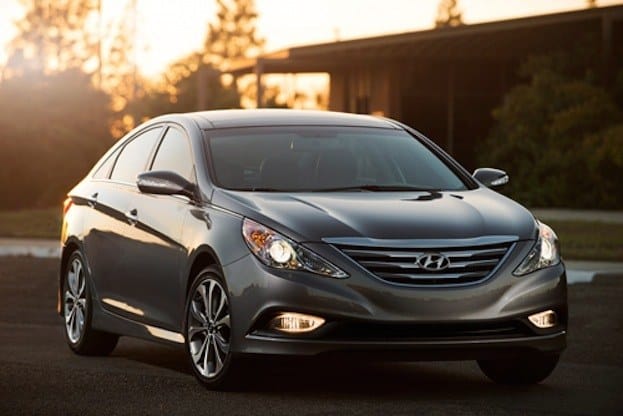Owning a luxury car for most people is a sign that you are truly successful. If you own one you can’t imagine driving anything else as it offers refinement and performance unmatched by the more common brands.
For those who don’t have one, we dream about it every time we see one on the street, on television, read about them and picture ourselves driving them.
The price of one of these cars is always in our minds and often we think about what we can do to make it possible to afford one.
But while we are doing this we rarely consider the cost of owning one of these cars and if the badge, the perceived value and everything that comes with a luxury car is really worth the cost.
So the question is: are luxury cars really worth the additional cost?
The Research
CJ Pony Parts completed research, comparing luxury brands to mass-market brands in six different areas: safety, resale value, initial quality, customer service satisfaction, cost of ownership, and cost to insure to see if luxury cars are worth the price.
The Results
Looking at the results there were certain areas where the result was the expected one, but there were other areas that were surprising.
Luxury manufacturers perform very well in initial quality and customer service, but fail to hold their value. The Chevrolet Corvette is the exception, making it into the top ten in Kelley Blue Book’s 2014 ranking for resale value.
In the area of maintenance costs, they’re slightly less than at independent service stations, but comes in at almost double when visiting the dealership.
Not surprising is the cost of ownership of a luxury car is greater as is the cost to ensure one.
My Thoughts
The question of whether something is worth the cost is something that I have spent a great deal of time thinking about, specifically when it comes to cars. It’s not black and white to me. It seems that for a lot of people the perceived value of a car and prestige associated with driving one trumps everything else. Being able to pull up to a restaurant in an expensive car and have everybody look is enough of a reason for some.
I’ve often wondered if there were two identical cars, other than the badge on the hood and the price tag if most people would buy the more expensive one over the mass-market one. I think the answer is yes.
I think that’s why if you go to most cities you can find a person driving a 10-year-old Mercedes, BMW, Lexus, Jaguar, Cadillac or any other luxury car because of the perception and what they think it says about them. For the same price, in many cases a newer car could be purchased, that performs better, is more reliable and but isn’t a luxury brand.
That being said there are many cars that fall into the category of a luxury car that I would love to have parked in my garage. But it really comes down how they can perform. I love Porsches, I always have, but it wasn’t the name or the prestige of owning one that attracted me, but seeing what they could do on a racetrack in the hands of a capable driver.
Looking at the difference in the cost of two vehicles, the question I find myself thinking about is, is the car in question really worth the higher cost or am I just paying for a name, an idea, or a badge?
So, are luxury cars more expensive because they are a superior car and is that higher cost worth it? I don’t know. When it’s all said and done I think it really comes down to personal preference and what how each person looks at it. For some the cost of a luxury car compared to a mass-market car is justified by the experience and everything that comes with owning a luxury car and for others it doesn’t matter at all.
For me there am very few times that I would buy the luxury car because of the higher cost of entry and potential high operating costs. If a luxury car is what you desire there are definitely better options that tick all of the boxes and if you’re a savvy consumer they can be found, but don’t be too quick to ignore that mass-market car.
Check out the infographic below for the findings on the research and let us know what you think about the findings as well as what your opinions are regarding luxury cars’ inflated pricing.

Infographic thanks to CJ Pony Parts




